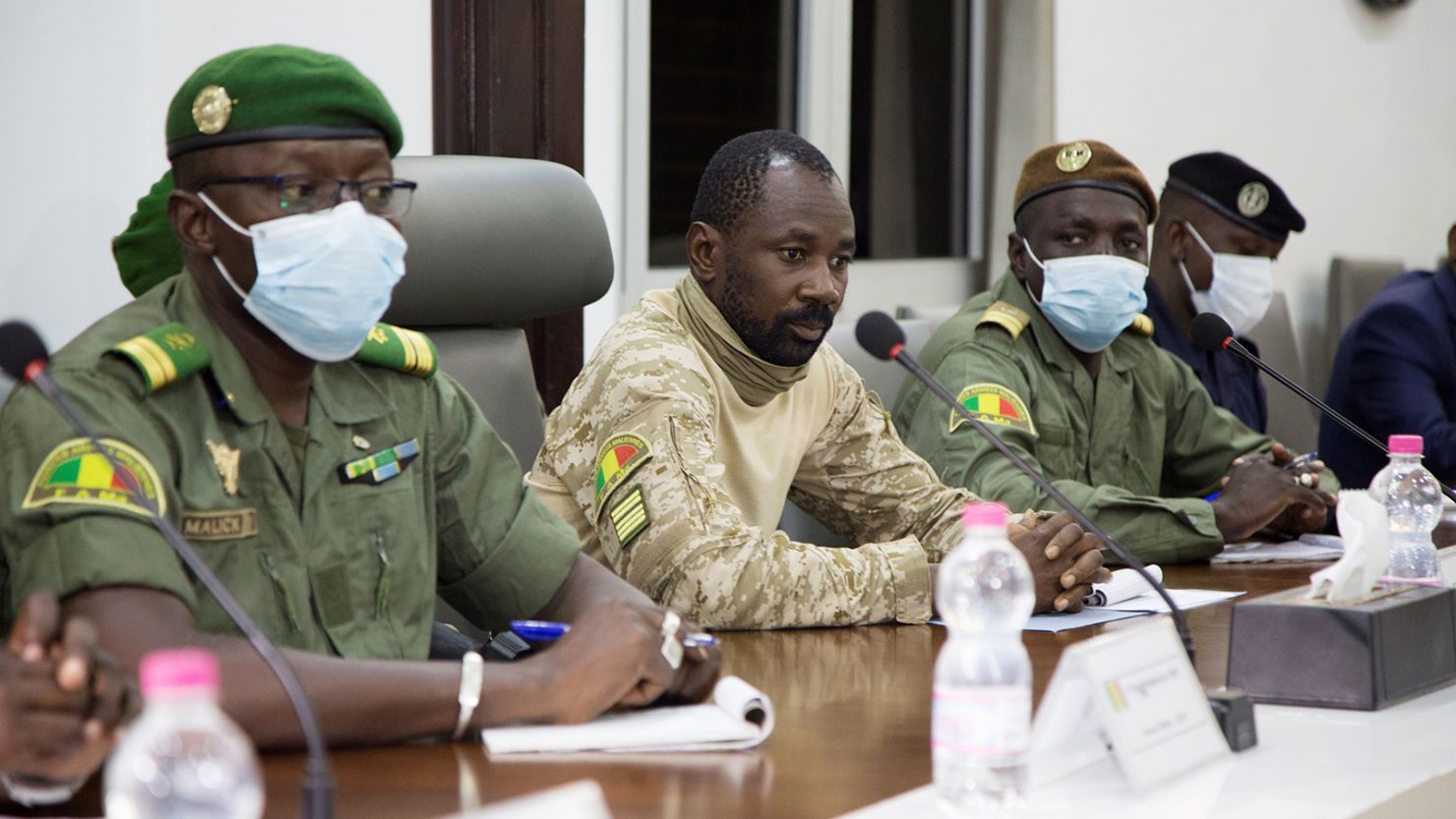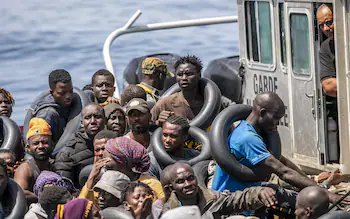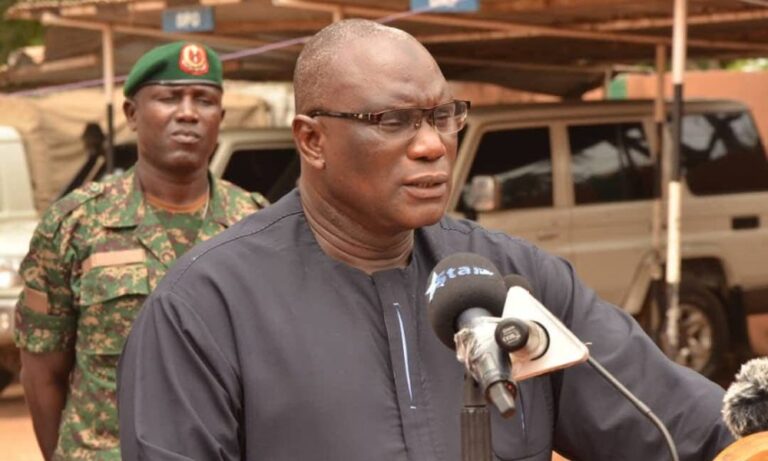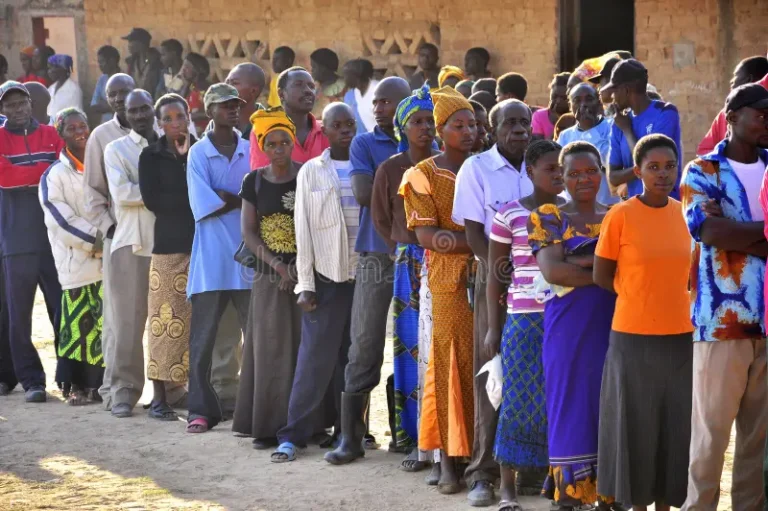Malian government prioritizes reforms and elections in transitional agenda

The Malian Council of Ministers, led by General Assimi Goïta, convened on Wednesday, November 27, 2024, to outline strategic priorities aimed at consolidating the country’s ongoing reforms.
This meeting marked the first since the departure of former Prime Minister Choguel Kokalla Maïga, with General Abdoulaye Maïga now at the helm as Prime Minister.
In his opening remarks, President Goïta extended his congratulations to General Abdoulaye Maïga on his appointment, emphasizing the pivotal role of the new government in driving critical reforms.
He lauded the members of the restructured cabinet, underscoring the urgency of their mission in a period defined by institutional and political transformation.
The president outlined several key priorities for the new executive team.
These include bolstering defense and security, advancing political and institutional reforms, improving health and education systems, addressing essential needs of the population, fostering social harmony, strengthening diplomatic relations, and preparing for inclusive and transparent elections.
He stressed that the success of these elections would be crucial to concluding Mali’s transitional phase and ensuring long-term stability.
In a statement shared with APA, Prime Minister Abdoulaye Maïga expressed gratitude to the president for his trust.
He reaffirmed his commitment to aligning the government’s actions with these strategic priorities, pledging to meet the aspirations of the Malian people.
Later that day, the Prime Minister chaired his first cabinet meeting at the Primature.
During this session, he provided detailed directives to the ministers, urging them to focus on promoting cohesion and enhancing intergovernmental collaboration.
As part of preparations for an upcoming government seminar, he encouraged ministers to organize intercommunity activities aimed at strengthening national unity and fostering collaboration within the cabinet.
This renewed focus on reform and inclusivity reflects Mali’s determination to navigate the challenges of its transitional period and lay the foundation for a stable, democratic future.
About The Author
dailymailafric
I am an avid African news observer, and an active member of Daily Mail Africa.
I’m Passionate about staying informed on diverse topics across the continent,
I actively contribute to publishing on political, economic and cultural developments in Africa.



